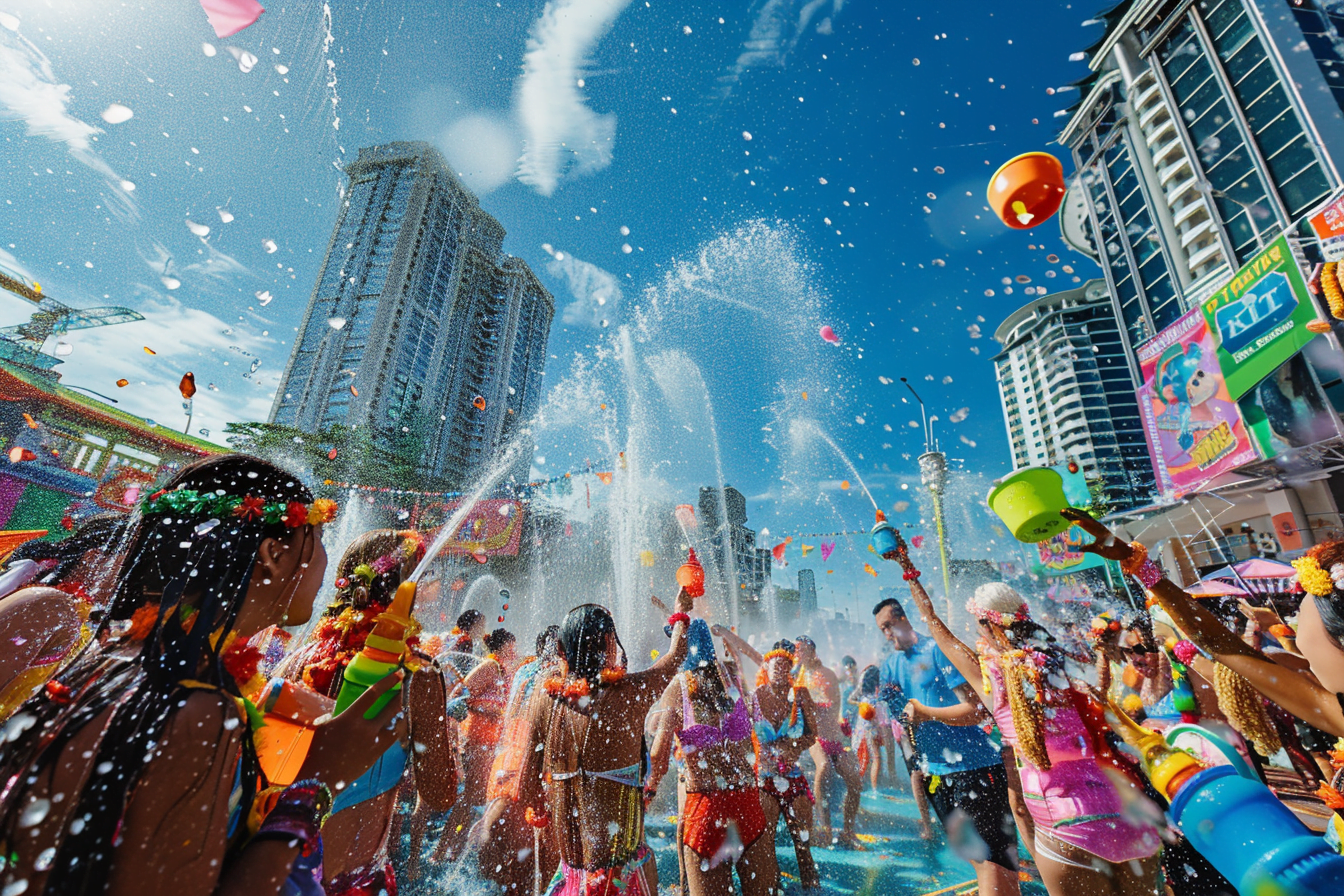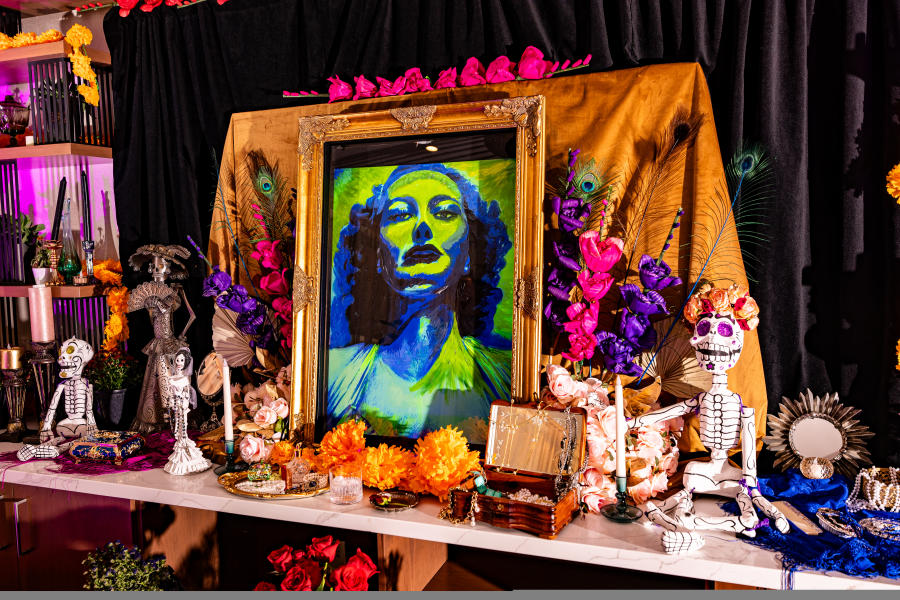novellainstitute – Songkran, the traditional Thai New Year festival, is one of the most vibrant and celebrated events in Thailand, marked by water fights, cultural rituals, and family gatherings. Typically occurring from April 13 to 15, Songkran is a time when locals and tourists alike come together to celebrate, cleanse, and enjoy the festivities.
Origins and Significance
The word “Songkran” comes from the Sanskrit term meaning “to move” or “to change place.” This reflects the transition of the sun into the Aries zodiac sign and the start of a new solar year. Traditionally, Songkran symbolizes purification and the washing away of sins and bad luck. It’s also a time to honor elders, visit temples, and pay respects to ancestors.
Water: The Essence of Songkran
Water plays a central role in Songkran festivities. Historically, people would pour water gently over one another as a sign of respect and blessing. Over time, this tradition evolved into the energetic water battles seen today. Major cities, especially Bangkok, Chiang Mai, and Phuket, become arenas for exuberant water fights, with participants armed with water guns, buckets, and hoses. Streets fill with laughter, splashes, and colorful festivities as locals and tourists join in the fun.
Cultural Practices
While the water fights are a highlight, Songkran is also rich in cultural and spiritual practices:
- Buddha Statues: People visit temples to pour scented water over Buddha statues, believing this will bring good luck and prosperity for the coming year.
- Sand Pagodas: Many Thai families build small sand pagodas at temples, a practice symbolizing the return of the sand taken away from the temples over the year.
- Family Reunions: Songkran is a time for families to come together. Many Thais travel to their hometowns to spend the holiday with loved ones, paying respects to their elders by pouring water over their hands as a gesture of gratitude and blessing.
- Traditional Dances and Music: Cultural performances, traditional Thai dances, and folk music are often showcased, highlighting the rich heritage of Thailand.
Modern Celebrations
In recent years, Songkran has gained international fame, attracting visitors from around the globe. Major cities host grand celebrations with live music, food stalls, and elaborate street parties. Chiang Mai is renowned for its lively atmosphere, where the festivities extend for several days, while Bangkok offers a more urban experience, particularly in areas like Khao San Road and Silom.
Tips for Celebrating Songkran
If you plan to experience Songkran, here are some tips to make the most of the festivities:
- Dress Appropriately: Wear clothes that you don’t mind getting wet. Quick-drying fabrics are ideal.
- Protect Your Belongings: Use waterproof bags for your phone and valuables, or leave them at your accommodation.
- Stay Hydrated: It can get hot, so drink plenty of water amidst all the fun.
- Respect Local Customs: While it’s a time of joy, be mindful of cultural practices and respectful towards those who may not wish to participate in the water fights.
- Enjoy the Culture: Take time to participate in traditional rituals, visit temples, and try local delicacies.
Conclusion
Songkran is not just a festival; it’s an embodiment of Thai culture, community, and joy. Whether you’re splashing water on friends, paying respect to elders, or enjoying traditional festivities, Songkran offers a unique and unforgettable experience that captures the heart and spirit of Thailand.




